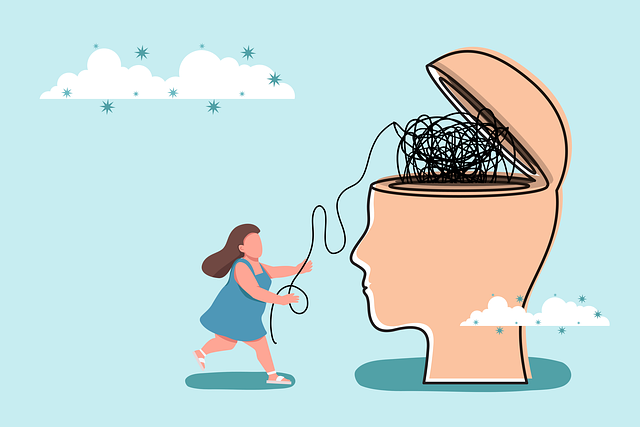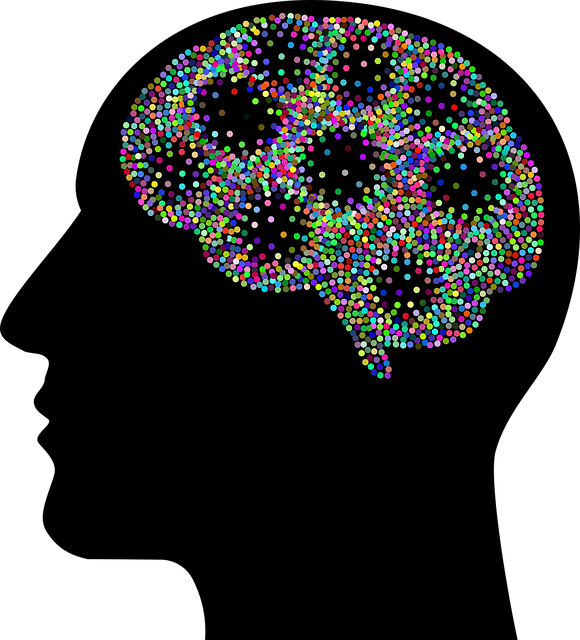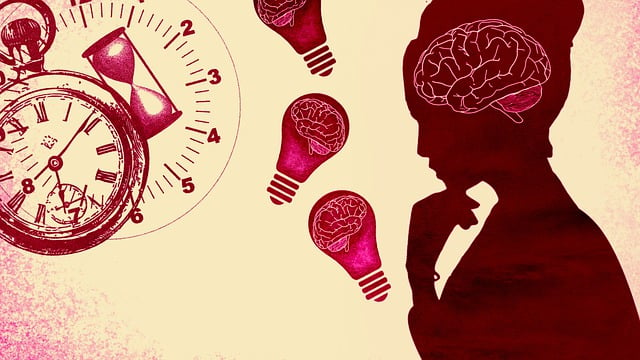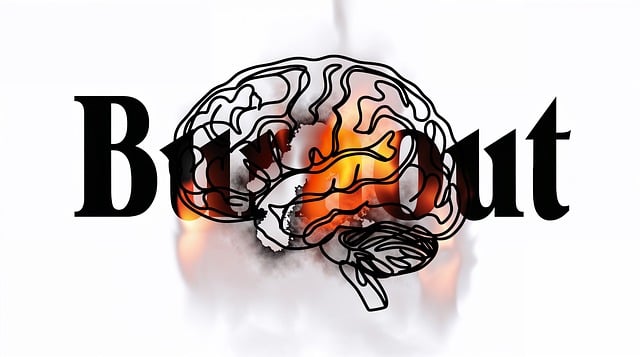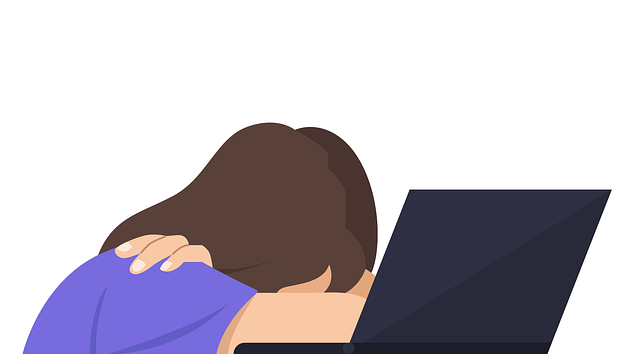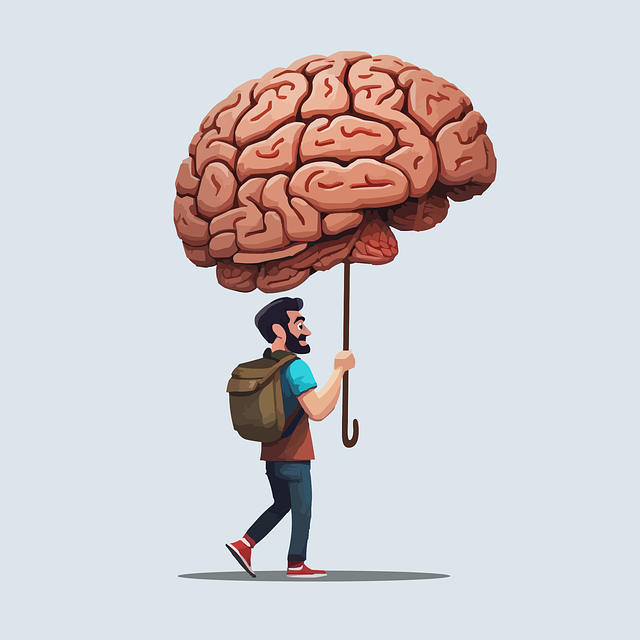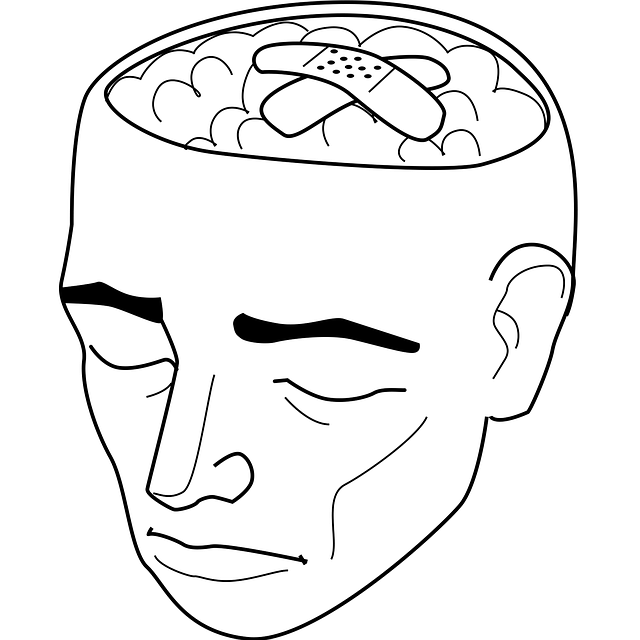Stress, a common but harmful side effect of demanding situations like those faced by healthcare professionals, can lead to mental health issues such as burnout. Golden First Responders Therapy (GFRT) provides specialized support for first responders, addressing stress dynamics and its impact on their well-being. Through mindfulness, resilience training, and cultural sensitivity, GFRT equips individuals with coping strategies to manage stress effectively. Combining self-awareness exercises, relaxation techniques, physical activity, and community outreach, this holistic approach promotes long-term mental health improvements and policy advocacy for better stress management in high-pressure professions.
Stress management is a vital skill, especially for those who face high-pressure situations daily. This article explores effective strategies to combat stress and its impact on mental health. We delve into the unique role of first responders, highlighting their resilience and introducing Golden First Responders Therapy – a holistic approach designed to rejuvenate mind and body. Additionally, we offer practical techniques for immediate relief and long-term building of resilience, empowering individuals to navigate stressful landscapes with ease.
- Understanding Stress and Its Impact on Mental Health
- The Role of First Responders in Stress Management
- Golden First Responders Therapy: A Holistic Approach
- Practical Techniques for Daily Stress Relief
- Building Resilience: Long-term Stress Management Strategies
Understanding Stress and Its Impact on Mental Health

Stress is a natural response to demanding situations, but when it becomes chronic, it can significantly impact mental health. The constant activation of our stress response systems can lead to long-term effects on both physical and psychological well-being. This is especially true for those in high-pressure professions, such as healthcare workers, who often face intense work environments and emotional demands.
Understanding the nature of stress and its potential to contribute to mental health issues like burnout is a crucial first step. Golden First Responders Therapy offers valuable insights into managing these challenges. By recognizing the signs and symptoms of stress and adopting effective coping strategies, individuals can protect their mental health. This is particularly significant in the healthcare sector where Mental Illness Stigma Reduction Efforts are essential to fostering an open dialogue about the impact of stress and burnout prevention strategies for Healthcare Providers.
The Role of First Responders in Stress Management

First responders, including police officers, firefighters, and paramedics, often bear witness to some of life’s most traumatic events. This unique exposure can lead to elevated stress levels and potential mental health challenges. Consequently, they play a pivotal role in their communities’ overall well-being when it comes to stress management. Golden First Responders Therapy is a specialized approach that recognizes these professionals’ specific needs. It offers tailored support and strategies to help them cope with the inherent stress of their jobs.
Mental Health Education Programs Design specifically catering to first responders can equip them with valuable tools for mood management. These programs often include workshops focusing on resilience, mindfulness, and healthy coping mechanisms. By prioritizing their mental health, first responders can enhance their ability to handle stressful situations effectively, ultimately benefiting both their personal lives and their interactions with the communities they serve.
Golden First Responders Therapy: A Holistic Approach

Golden First Responders Therapy offers a holistic approach to stress management, focusing on the interconnectedness of mental, emotional, and physical well-being. This therapy recognizes that individuals often act as ‘first responders’ to their own stress, making it crucial to develop effective coping skills. By integrating Cultural Sensitivity in Mental Healthcare Practice, therapists create safe spaces where clients can explore their unique responses to stress without judgment.
The process involves guiding clients through Self-Awareness Exercises to recognize triggers and patterns, fostering a deeper understanding of their minds and bodies. Through this heightened awareness, individuals gain the tools to cultivate resilience and develop healthier coping mechanisms. This comprehensive approach not only addresses immediate stress relief but also equips individuals with long-term Coping Skills Development to navigate life’s challenges more effectively.
Practical Techniques for Daily Stress Relief

In our fast-paced lives, finding moments for relaxation and stress relief is essential. Practical techniques like mindfulness meditation and deep breathing exercises can be powerful tools to combat daily stressors. These methods encourage individuals to take a step back, focus on their breath, and anchor themselves in the present moment, fostering a sense of calm amidst chaos. Additionally, engaging in physical activities such as yoga or even a brisk walk can significantly reduce stress levels by releasing endorphins, nature’s natural mood elevators.
For those seeking more structured approaches, Golden First Responders Therapy offers a unique perspective. This therapeutic method leverages communication strategies and community outreach program implementations to empower individuals. By fostering open dialogues and building supportive networks, it provides a sense of belonging and coping mechanisms tailored to personal needs. Integrating these practices into daily routines can lead to long-lasting improvements in managing stress, enhancing overall well-being, and promoting mental health policy analysis and advocacy on a larger scale.
Building Resilience: Long-term Stress Management Strategies

Building resilience is a key component of long-term stress management strategies, especially for those in high-pressure professions. Golden First Responders Therapy (GFRT) offers a transformative approach to help individuals cope with chronic stress and trauma. This therapy focuses on cultivating mental fortitude, similar to how first responders build physical endurance. By employing techniques like mindfulness, cognitive restructuring, and empathy-building strategies, GFRT equips professionals with tools to navigate challenging situations effectively.
In addition to GFRT, Risk Management Planning for Mental Health Professionals plays a crucial role in proactive stress management. This involves setting boundaries, prioritizing self-care, and engaging in regular Mental Wellness Journaling Exercises. Such practices help professionals reflect on their experiences, process emotions, and prevent burnout. Furthermore, empathy-building strategies foster deeper connections with clients, reducing the emotional toll of caring for others’ distress.
In conclusion, stress management is a multifaceted approach that involves understanding the impact of stress on mental health, leveraging the expertise of first responders, and adopting both holistic and practical techniques. The article has explored these aspects through discussions on stress impacts, the unique role of first responders, an introduction to Golden First Responders Therapy, everyday stress-relief methods, and building resilience for long-term management. By integrating these strategies into daily life, individuals can enhance their overall well-being and better navigate stressful situations, with Golden First Responders Therapy emerging as a comprehensive and effective method in this regard.



